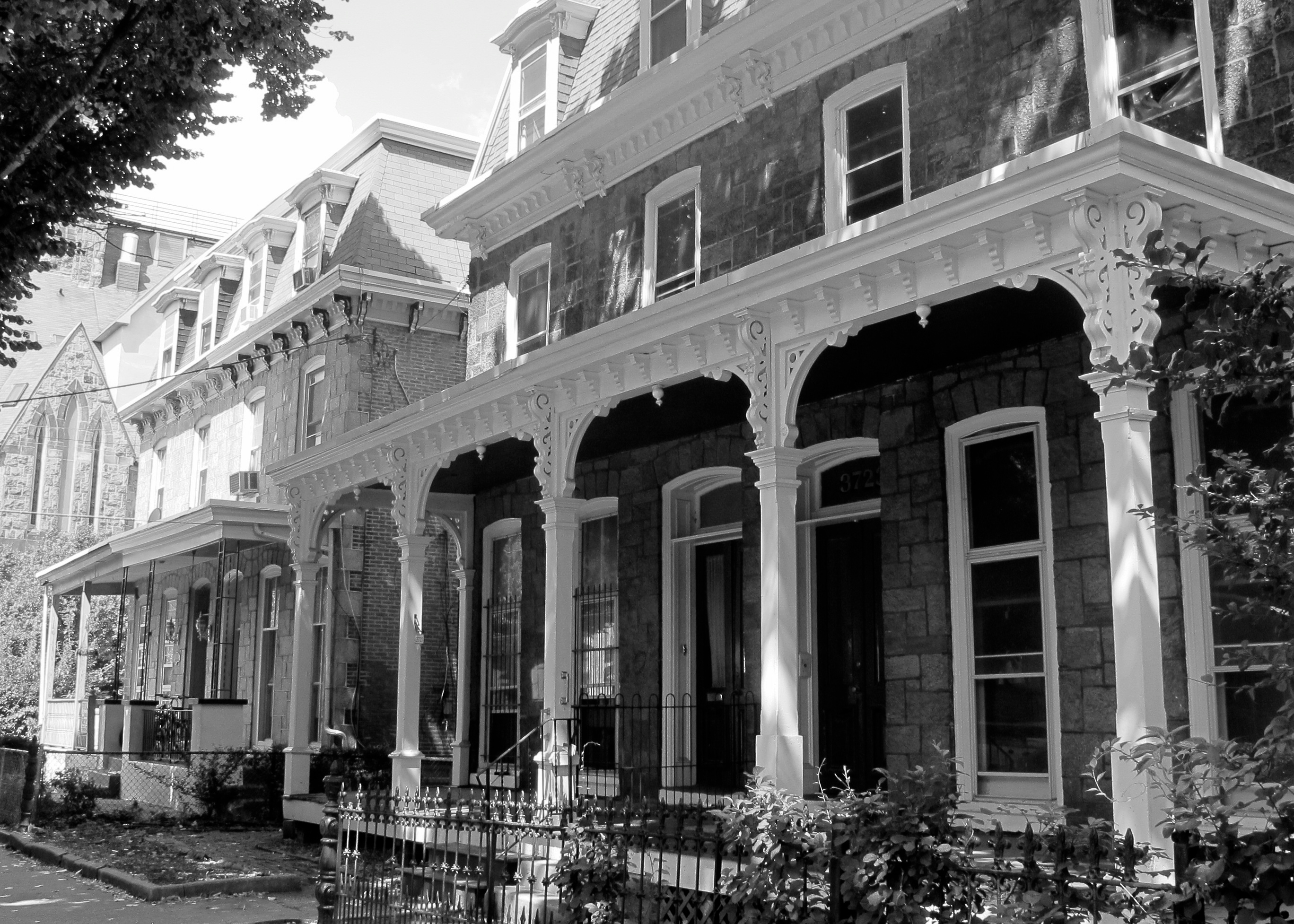Landlords lose court challenge to Philadelphia’s definition of ‘family’

Eating all your meals together and living under the same roof doesn’t make you a family, the Commonwealth Court of Pennsylvania has ruled.
Late last month, the court delivered an opinion upholding the definition of “family” in Philadelphia’s zoning code against a challenge to its constitutionality from two West Philly landlords. The code says a family is a group of people living together and using housekeeping facilities in common, “but not to include more than three persons unrelated by blood, marriage or adoption.”
The case revolves around two properties housing Drexel University students in Powelton Village. The houses, zoned for single-family living, were cited by the Department of Licenses and Inspections for having too many unrelated occupants. There were eight sorority sisters living in one of the houses.
On appeal, first to the ZBA and then to the Court of Common Pleas, where the similar cases were combined, the landlords argued that their tenants behaved like a family, and that barring them from single-family housing under the zoning code just because they were unrelated was unconstitutional. The Court of Common Pleas disagreed. In its decision on the appeal last month, the Commonwealth Court said the lower court’s ruling was “thorough and well-reasoned.” It upheld Philly’s zoning law and the legality of the initial citations by L&I.
Even though the zoning code says single-family properties can be occupied by more than three blood relatives but not more than three unrelated people, the law has a “rational basis,” according to the Court.
That’s because the single-family zoning classification is meant to establish areas of the city with residents who live there more or less permanently, the Court reasoned. Properties that are being shared by college students, who will come and go, adding a “transient” element to a neighborhood that cities are legitimately allowed to regulate.
In order to prove that the zoning law was unconstitutional, the landlords would have had to show that that the use by the students was equivalent to use by a group that does meet the code definition of a “family.” The Court believed they hadn’t done so: all the tenants had parents as co-signers on the lease, and some tenants moved out while others moved in during the course of the lease, for example.
“Therefore,” the Court wrote, “we conclude that because Appellants have not produced substantial evidence to demonstrate that their use of the properties is equivalent to use of the property by a group of persons related by blood, marriage, or adoption, Appellants have not demonstrated that the Code is unconstitutional as applied to their use of the properties.”
Kenneth Baritz, a lawyer for the landlords, did not return a phone call from PlanPhilly.
So nothing has changed, really. It’s still illegal to rent a single-family house to more than three unrelated persons. And yet it’s still going to happen rampantly—I, having always fancied myself a bit of an outlaw, have twice lived in open violation of this provision in Philadelphia—unless enforcement becomes proactive.
And who cares that this is happening anyway?
Powelton Village, for one. A recent demographic study of the neighborhood showed that homeownership rates had declined from 17.8 percent in 1990 to 13.1 percent in 2010. There have also been some high-profile cases of the zoning board granting permission for multifamily living on single-family parcels.
If the landlords’ arguments that the definition of “family” was outdated and unconstitutional had won the day, it would have opened the door to much more housing of this type, particularly in the areas surrounding major universities. And while places like Rittenhouse Square are trying to ban housing for students outright, the fact remains: most of this type of living happens illegally anyway.
WHYY is your source for fact-based, in-depth journalism and information. As a nonprofit organization, we rely on financial support from readers like you. Please give today.






